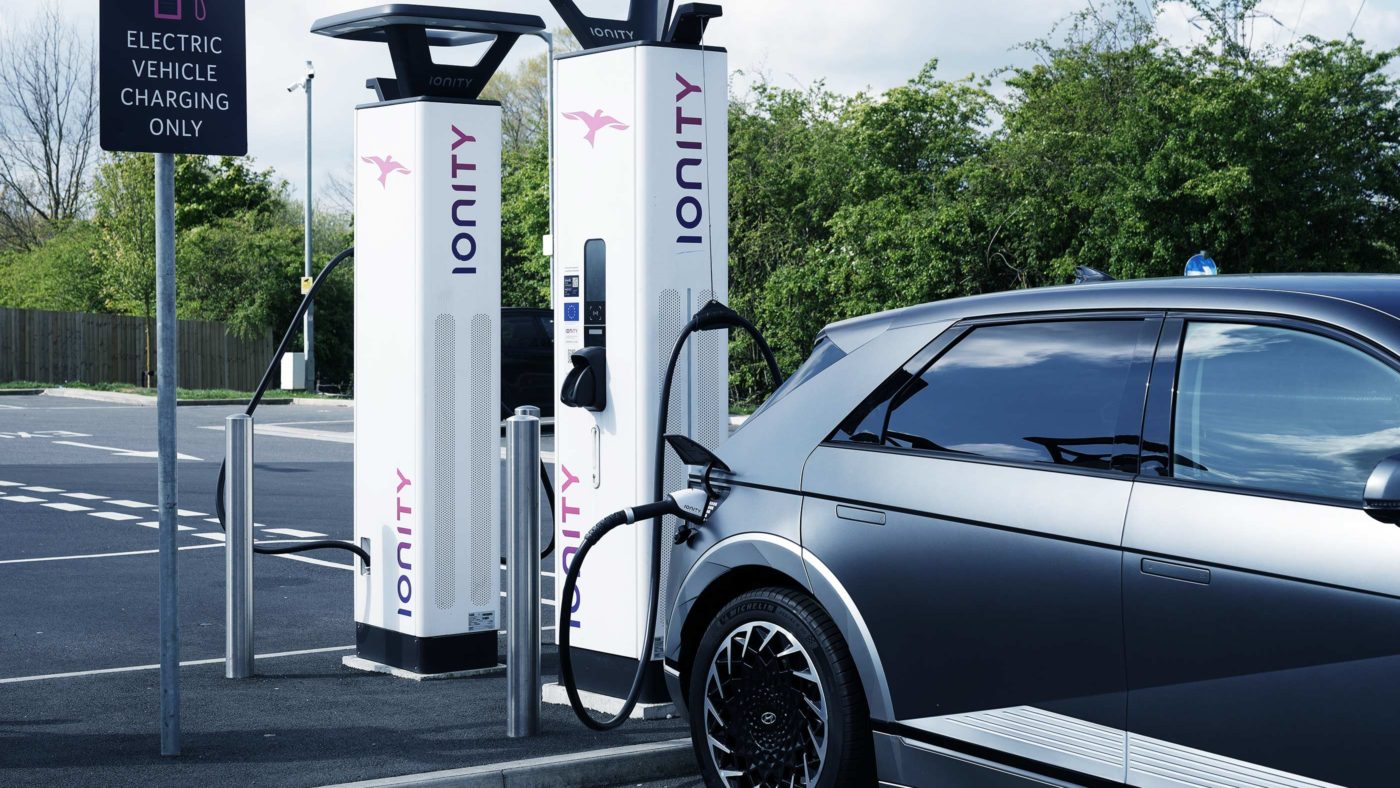Motorists have been hit hard by the energy crunch. They’re feeling the squeeze from soaring household bills and petrol prices rising to near £2 a litre. It’s a punishing set of problems which is costing families a fortune. If we are going to tackle the cost of living crisis, drivers must not be left behind.
Soaring oil and gas prices caused by post-pandemic pressures and the Ukraine crisis have shone a light on the insecurities in the UK’s energy system. But our reliance on fossil fuels to keep Britain moving has also left families and businesses exposed to volatile international markets controlled by oligarchs and despots like Vladimir Putin.
We’ve been here before. In 1973, the West was plunged into an oil crisis by an oil embargo targeting nations that supported Israel. And again, in 1979, when the Iranian Revolution disrupted the global oil market, causing prices to spiral. The challenge we face today is of a different scale, but the core problem is the same – we do not have energy sovereignty.
Expanding cheap, homegrown clean energy can reduce our reliance on imported fossil fuels. But for motorists to benefit from this more affordable, secure energy supply, we need to help more people switch to electric vehicles by scaling up the market and getting the infrastructure right.
While electric vehicles currently have a higher upfront cost, they’re free from soaring fuel costs. Instead of forking out £100 on a single tank of fuel, electric car drivers spend £15 on average for a full charge. That works out as 5p per mile, compared to between 15p and 25p for a petrol or diesel vehicle. That’s a big saving for any household.
In the short term, the Government’s decision to cut fuel duty by 5 pence per litre, saving the average driver £100, will ease some of the pressure. But, as with household energy costs, ministers cannot dictate the price of petrol or diesel. In the long term, the best thing we can do to help drivers is to accelerate the electric vehicle revolution so they benefit from cheaper running costs.
That means addressing the obstacles that put people off switching to an electric vehicle. Whether it’s the price, range anxiety, or charging points – they are not insurmountable problems, and car firms have already made significant progress.
The sticker price for buying electric cars is coming down, and they are expected to be no more expensive than a petrol or diesel vehicle by the late 2020s. Most importantly, the second-hand market is picking up momentum, with sales jumping by 119% to a record 40,000 last year.
One thing we can do to support the second-hand market is guaranteeing the life of an electric vehicle battery. In the USA, California introduced new rules introducing such a guarantee. If the UK market doesn’t step up to win over customers, the Government should consider following California’s example. It will give people confidence to buy an electric car on the second-hand market, growing the market and lowering costs.
Importantly, we should also make the zero emission vehicle mandate as ambitious as possible – without putting UK car manufacturers at a disadvantage. This market solution asks car manufacturers to sell a certain proportion of electric vehicles. If they beat the target, they gain credits which they can sell to other car firms that are behind in selling electric vehicles. Front-loading this mechanism by setting bold, achievable targets now will greatly expand the market, incentivising carmakers to cut prices further.
This would also encourage car manufacturers to innovate at an even faster pace, solving a range of concerns. With every new model, the technology is improving fast. The average range for an electric vehicle is 200-250 miles, but technological improvements mean that next-generation batteries could easily keep going for 500-600 miles.
Charging stations are popping up all over the country, making it easier to charge electric vehicles and further easing people’s range anxiety. The number of public charging points has increased by a third in the past year, meaning there are now 30,412 across the country. This number is set to soar with the Government’s ambition to install 300,000 by 2030.
To help people unable to charge at home, the Government should look at rebalancing the VAT costs on public charging. Currently, the VAT on powering your car from home is only charged at 5%, like your other household energy costs. At public charging points, however, it’s 20%. Addressing this imbalance would ease the costs of those who live in flats and want to go electric.
Thanks to the energy crunch and growing choice of electric vehicles, people are increasingly looking to leave their fossil fuel cars behind. We can help more people do that sooner with battery guarantees, lower VAT on public charging, and a bolder mandate to reduce the upfront costs of switching. It’s the best way to help shield families from volatile fuel prices and cut the cost of driving.
Click here to subscribe to our daily briefing – the best pieces from CapX and across the web.
CapX depends on the generosity of its readers. If you value what we do, please consider making a donation.


